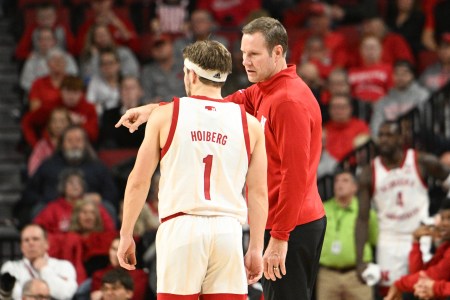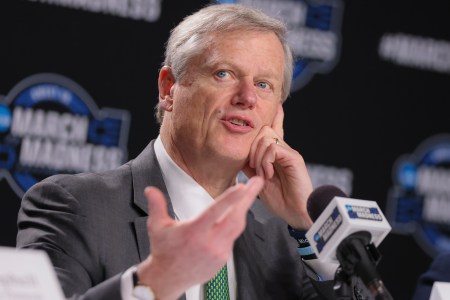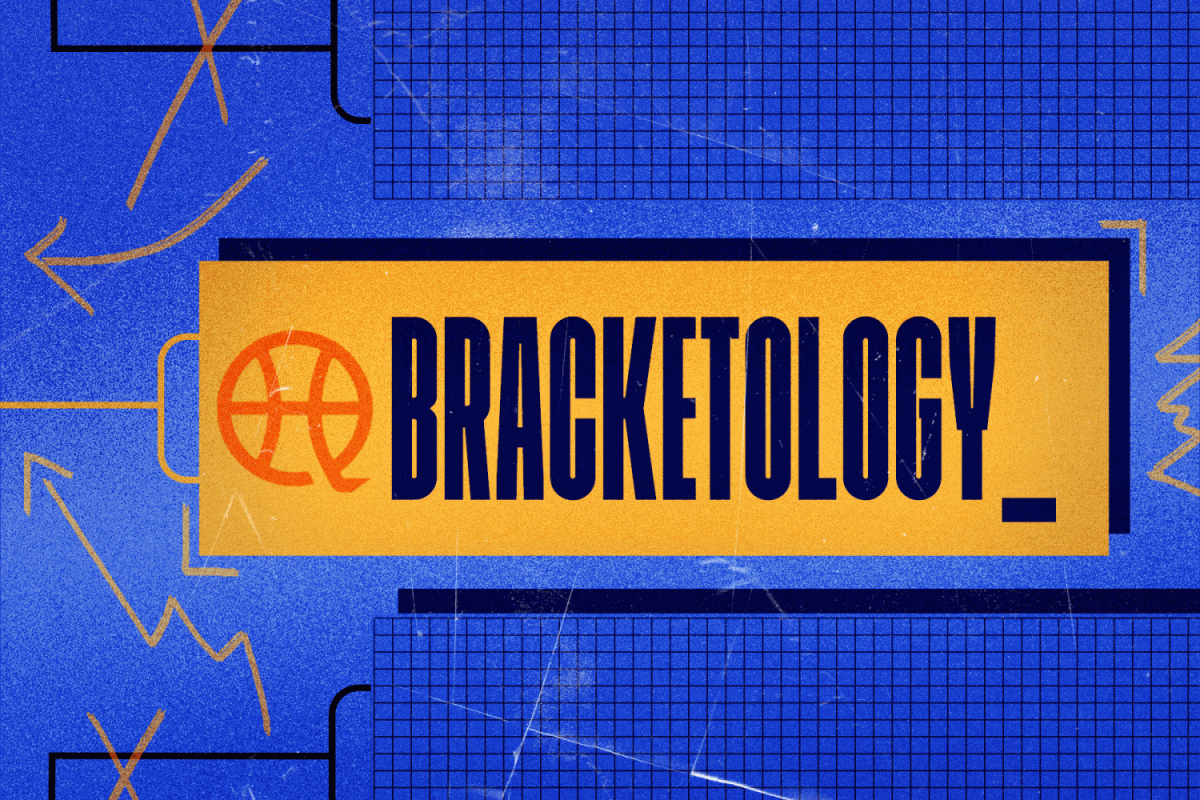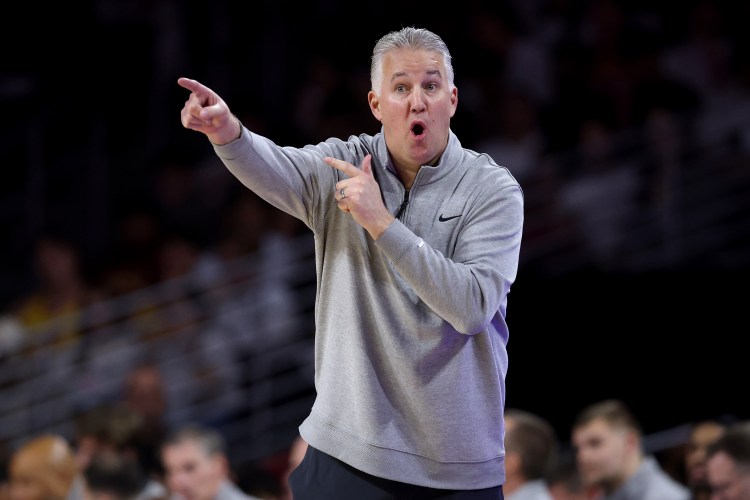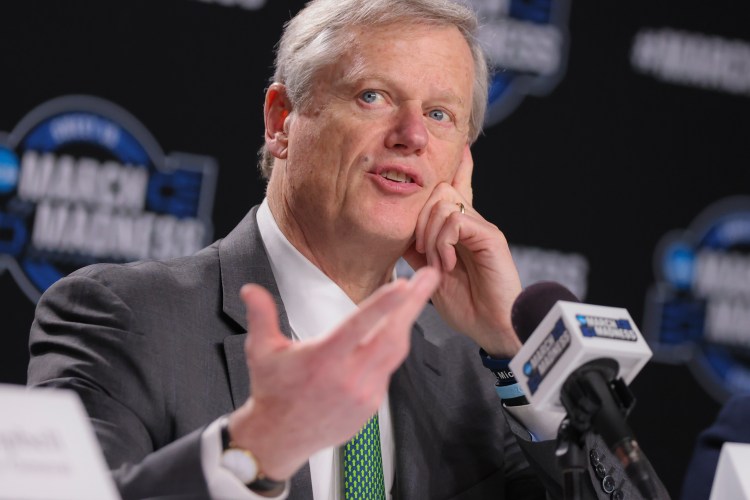ORLANDO — Just past 9:00 p.m. ET on Friday, Judge Claudia Wilken approved the settlement in the House v. NCAA case, ushering in a new era in college athletics that includes sharing revenue with athletes.
The settlement was no surprise. Universities have been preparing for the settlement for months. Some have cut athletes, entire sports and laid off staff to reallocate the budget to the up to $20.5 million annually they can now share with athletes.
What was a surprise was the immediate installation of the new College Sports Commission and the start of NIL Go, the clearinghouse from Deloitte that will monitor NIL deals in excess of $600. That was a big topic of discussion in hallways and bars at the Orlando World Center Marriott this week, the site of the 2025 National Association of Collegiate Directors of Athletics (NACDA) Convention, which draws administrators from universities across the country. The convention will wrap up on Thursday.
“The NCAA obviously had some notice that the decision was coming,” a Power Four senior administrator told Hoops HQ. “The College Sports Commission had its first post on X an hour later. Now, all the sudden, you have administrators across the country trying to wake up compliance staff and collectives to do deals before midnight.”
Prior to Friday’s ruling and the subsequent launch of the College Sports Commission website, universities were operating under the assumption that nothing from the settlement would be implemented until July 1, the date widely circulated for the start of revenue sharing. For months, universities and collectives have been sending out contracts to recruits, transfers and current athletes for monies to be paid before July 1. The reason was obvious: They wanted to avoid the scrutiny of NIL Go.
All deals over $600, including multiple deals or payouts with the same party that are over $600 in the aggregate, must be submitted to NIL Go. Deals with “associated entities,” like collectives and donors, will undergo analysis to ensure the deal “does not exceed a reasonable range of compensation based on multiple factors, including but not limited to, the deal’s performance obligations, the student-athlete’s athletic performance and social media reach, the local market and the market reach of his or her institution and program,” according to language posted on the CSC’s website.
Deloitte told administrators at the ACC’s spring meetings that 70 percent of past deals from collectives would have been rejected under their criteria. That’s why schools have been handing out contracts with payouts frontloaded before July 1, and why they were scrambling Friday evening when the new CSC website said deals had to start being reported June 7.
Despite Deloitte’s earlier statement about collective deals, many schools are moving forward with plans to run “payrolls” that will be heavily dependent on NIL deals that won’t count toward the $20.5 million revenue sharing cap. “Collectives aren’t going to pay athletes less,” a Power Four deputy AD told Hoops HQ. “Everything is just moving back under the table like it used to be.”
One way of getting around the new rules is to simply refuse to submit the deals to NIL Go. Many administrators in Orlando questioned how Deloitte will even know these deals exist and how the CSC will monitor and enforce disclosure. They estimate only 10 to 20 percent of NIL deals were being reported by athletes under school rules that required disclosure the past few years.
The numbers have a way of getting out, however. Brandon Marcello of CBS Sports reported yesterday that Texas Tech is expected to pay its players $55 million between revenue sharing and NIL. The school has already signed the first million-dollar softball pitcher, NiJaree Canady, to another seven-figure deal for next season.
Attorneys on the ground here in Orlando, and those actively covering the settlement on social media, all predict lawsuits will be filed as soon as the clearinghouse declines a deal. Attorney Michael McCann penned a piece about why lawsuits might be challenging because the appeal of NIL Go decisions is limited to arbitration under the settlement.
The only thing that is clear right now is that everyone involved expects the next year to be messy as budgets are adjusted, revenue sharing strategies are developed and the clearinghouse is tested. The new era has begun, but lots of old questions remain.



